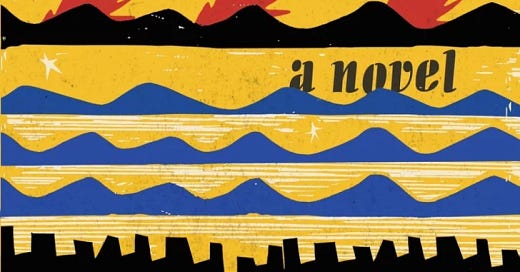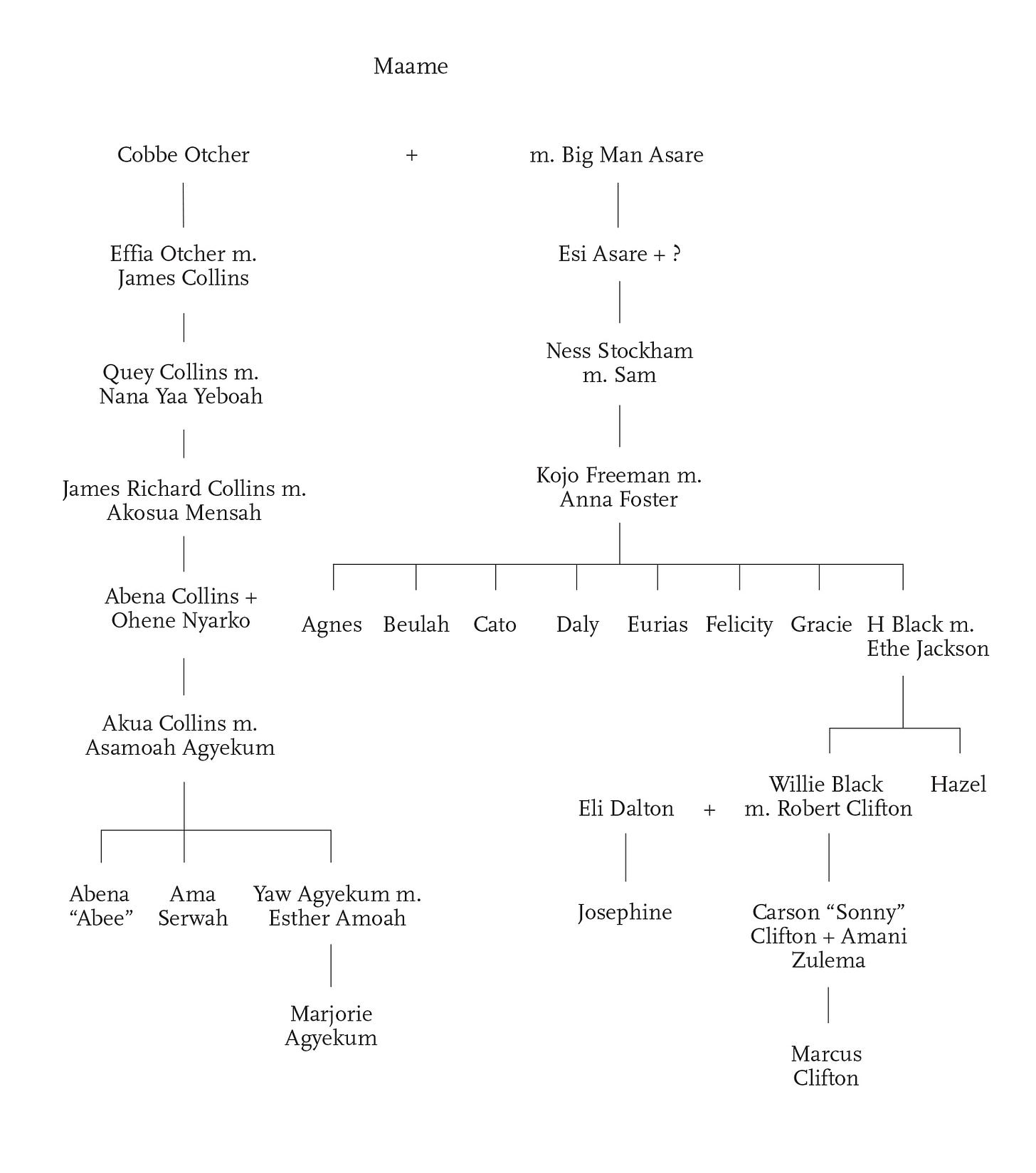Hello, readers!
This post originally went out in August 2022 to 137 recipients and now there are nearly 500 Bite Size Review readers! As a mini celebration, I’m reposting one of my favorite articles about a book that altered my perspective in a dramatic way.
Homegoing was one of my favorite books of 2022 and one that I still think about often. I want more people to read it.
(Plus I’m sure you all wouldn’t mind a break from me talking about fantasy).
And speaking of more people, to be nearly at 500 subscribers for several months has been interesting. Why do I care so much about a numerical milestone? Isn’t it more important to engage with active readers rather than recruit 5 more who may hit the subscribe button but never read? I don’t do this for the numbers and yet I’m still human and get a thrill when anyone likes, comments, or subscribes. I guess that’s how the social media aspect of Substack gets you.
What’s an even greater thrill to me is recommending a book that you end up loving. I love connecting over shared adoration and excitement. And I love getting your recommendations. So rather than asking you to share this post and help me get to 500, please just leave a comment with a book that has changed your life. Thank you for being here!
This week I finished an amazing book that left me gobsmacked and wiping tears from my eyes. It is my favorite book of the year and one I’ve placed firmly in the “life-altering transcendence” category (a short list).
Pages: 300 | Published: 2016
What it’s about
The structure of the novel is simple and elegant. It follows the family lines of two Ghanaian half-sisters, Effia and Esi, across 7 generations. Effia’s line stays in Africa while Esi is sent to America on a slave ship. Each chapter reads like a short story from a member of one of the generational lines, and their lives diverge dramatically.
Why I loved it
Each short story was heartbreaking and hopeful, but it was the way it all came together at the end that impacted me in such an emotional way. The last two stories are about Marcus and Marjorie, college students in the present. After all the struggle and pain and centuries of separation, the way the two lines intersect again is what I found beautiful and unlike anything I’d read before.
Marcus, a PhD candidate at Stanford, was “struck by the need to study and know his family more intimately.” He learned about his great-grandfather, “H,” who spent years in the convict leasing system. It made Marcus weep and filled him with pride.
Two-Shovel H they had called him. But what had they called his father or his father before him? What of the mothers? They had been products of their time, and walking in Birmingham now, Marcus was an accumulation of these times.
It hit me hard that we are all links in the chain of history and an accumulation of all that came before us. To borrow a Biblical term, our hearts can be turned toward those that came before. When we learn about our own ancestors, we may weep at what we find, but we’ll inevitably find things to be proud of as well. I loved the notion of learning the messy truths of the past.
Why it was a “life-altering, transcendent” read
We are all so small - human - and at the same time part of something so large - human history. Marcus said:
It was one thing to research something, another thing entirely to have lived it. To have felt it. How could he explain to Marjorie that what he wanted to capture with his project was the feeling of time, of having been a part of something that stretched so far back, was so impossibly large, that it was easy to forget that she, and he, and everyone else, existed in it—not apart from it, but inside of it.
I felt my heart turn towards all the regular, every-day people who lived their days inside the past. My heart turned toward African people and their descendants who were bought, sold, enslaved, or incarcerated. The characters in this book are stand-ins for the millions of people who lived through that history. They felt alive and real to me and even present, as if all their stories were happening in the now. It was somewhat out-of-body how clear they were, how I could almost see them, and all because of a book.
If you’ve read this, I’d enjoy hearing your thoughts.
As always, thanks for reading.
Kyle






So glad you re-shared! This inspires a re-read.
Homegoing is a brilliant and painful book on so many levels, and should be required reading for all. It is a great recommendation for those who are clueless regarding the slave trade and the reprecussions, and for those who might not read a non-fiction book but would read a novel on this topic. Here is a quote from page 226 of the book that should be guidance for all of us whatever the situation: "[The one who has power] gets to write the story. So when you study history, you must always ask yourself, Whose story am I missing? Whose voice was suppressed so that this voice could come forth? Once you have figured that out, you must find that story too. From there, you begin to get a clearer, yet still imperfect picture."
PS & FYI: I could easily find my reaction to Homegoing because I have kept a spreadsheet since 2009 of all the books I have read precisely for this reason. I have never regreted the time spent in doing so. Start today and neither will you!!!